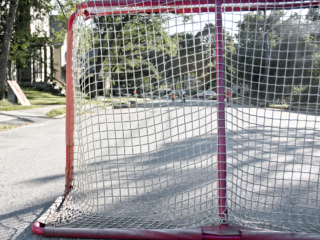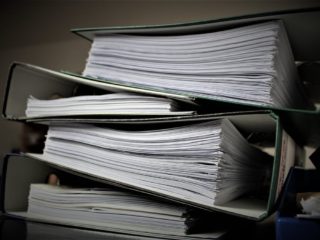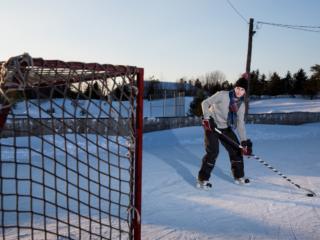To ensure trial fairness and the preservation of proper litigation, it was justified to impose a condition to ensure that expert reports are written solely by their author and not by a ghost writer, as has become more common and problematic in litigation recently.
Released February 3, 2017 | Full Decision [CanLII]
In this motion, the Defendant sought an order to require the Plaintiff to undergo two independent medical examination, one with an orthopedic surgeon and one with a neuropsychologist. On the other hand, the Plaintiff sought an order that any independent medical examinations conducted shall not be ghost written including inter alia:
1. The written report shall be drafted solely and entirely by the examining doctor;
2. The research and medical record review leading to the report will be conducted solely and entirely by the examining doctor; and
3. The records will not be shared with any third parties.
The Defendant argued that the condition of no ghost writing implies improper conduct on behalf of the Defendant and the health practitioner. The Defendant further argued that if the health practitioner signs the report, he or she adopts the contents as his or her own.
The Plaintiff argued that the condition of no ghost writing is required to protect the Plaintiff and to ensure trial fairness due to it becoming common and problematic in litigation. The Plaintiff did not allege any specific wrongdoing of counsel for the Defendant or the proposed health practitioners.
There was no issue in this case that the Defendant was entitled to the two independent medical examinations requested. The parties further agreed to seven conditions for the two assessments by the defendant’s experts on consent. The parties have not agreed on whether or not the plaintiff can insist as a condition of the assessments that there be no ghost writing.
The Court indicated that the issue of who actually wrote the report is of particular concern in litigation as many cases are resolved prior to trial on the basis of the expert reports received which form the basis of counsel’s assessment of the case and subsequent offers to settle. The parties pay substantial fees to experts for their reports and they have a right to expect those reports to be written by the author of the report. If the parties cannot rely on the reports being actually written by the author of the report, it attacks the very foundation and purpose of the expert report.
The Court found that because of a few experts who have admitted to using ghost writing when they were cross-examined at trial or in a voir dire as to their expert qualifications, the issue has become serious enough that the litigation bar is now requiring that it be put into conditions of these assessments. The Court held that the Plaintiff’s position has merit to ensure trial fairness and maintain faith in the administration of justice. The Plaintiff met the onus to show compelling reasons why the court should impose a condition to ensure that expert reports are written solely by their author. Nevertheless, the Court found that the wording of the condition as sought by the Plaintiff was strident and overreaching. It imposed the following additional, more generic conditions:
1. The report of the expert shall be Rule 53.03(2.1) compliant.
2. The report of the expert shall be Rule 33.06 compliant and shall be written solely by its author.
3. Health records and information of the plaintiff shall not be disclosed by the expert to any other person or entity other than defence counsel.












